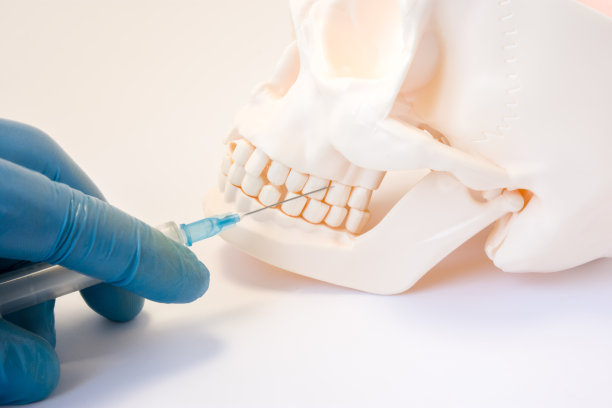Understanding the Importance of Extracting a Tooth for Optimal Oral Health and Future Dental Wellbeing
Summary: Extracting a tooth may seem like a drastic measure, but it is often essential for maintaining optimal oral health and ensuring future dental wellbeing. This article delves into the significant reasons behind tooth extraction, emphasizing how it prevents further dental complications and promotes overall hygiene. We will explore the implications of extraction on combating infections, addressing overcrowding, alleviating pain, and paving the way for restorative dental procedures. By understanding the importance of proper tooth management through extraction, individuals can ensure healthier smiles and enhanced quality of life.
1. Prevention of Dental Infections and Disease

Dental infections can originate from various issues, including severe cavities or gum disease. When left untreated, these infections can spread to adjacent teeth and even into the bloodstream, leading to systemic health concerns. Extracting a problematic tooth effectively removes the source of the infection, preventing it from wreaking havoc on the rest of the mouth.
Furthermore, teeth that are decayed or have been compromised by periodontal disease can become breeding grounds for bacteria. This can lead to conditions like abscesses, which not only cause great discomfort but can also lead to bone loss if not addressed. By choosing extraction, individuals can proactively maintain their oral health and mitigate risks associated with untreated infections.
Moreover, dental professionals often recommend extractions in cases where non-surgical treatments fail to restore the health of the tooth. Thus, understanding the role of extraction can empower individuals to make informed decisions regarding their dental health.
2. Management of Overcrowded Teeth
Overcrowding in the mouth can lead to various dental problems, including difficulty in cleaning teeth properly and an increased likelihood of plaque build-up. Extractions may be necessary to create adequate space and allow for proper alignment of the remaining teeth. This practice is especially common in orthodontic treatments where extractions can enhance the effectiveness of braces or aligners.
Having extra space allows for better airflow around the teeth and gums, contributing to improved oral hygiene. Dental practitioners often analyze the dental arch to determine if specific teeth need to be extracted to facilitate an efficient orthodontic treatment plan. In this sense, extraction becomes an integral step in achieving overall dental harmony.
Reducing overcrowding not only results in a more aesthetically pleasing smile but also ensures better functional capabilities of the teeth. Ultimately, this emphasizes the importance of considering tooth extraction as part of a comprehensive dental strategy.
3. Alleviation of Pain and Discomfort
Pain is often a sign that something is wrong with a tooth. Whether it’s caused by decay, an abscess, or trauma, such discomfort can significantly diminish one’s quality of life. Tooth extraction can provide immediate relief by removing the painful tooth and allowing the surrounding tissues to heal. Patients frequently report feeling a sense of liberation once the source of their pain has been eliminated.
Additionally, when persistent dental pain is associated with advanced gum disease, extraction may be the only viable option to alleviate discomfort. This procedure is not just about addressing immediate pain; it allows patients to regain functionality and enjoy their daily activities without the nagging burden of dental issues.
Its also worth noting that if a tooths pain stems from an unavoidable condition, such as a crack or severe trauma, extraction may be a necessity rather than an option. Understanding this can shift the perspective on tooth extraction from a fearful notion to a path toward health restoration.
4. Facilitating Future Dental Restorations
In some cases, tooth extraction can be a stepping stone towards more advanced restorative dental procedures. After assessing the current state of a patient’s oral health, dentists may recommend extractions as part of a larger treatment plan to restore the mouths functionality and aesthetics. For instance, dental implants often require the extraction of damaged or non-functional teeth before they can be placed effectively.
Moreover, extracting specific teeth can create ideal conditions for other restorative solutions, such as bridges and dentures. By facilitating proper placement and fit, these procedures can significantly enhance a patients quality of life and dental functionality.
Through understanding the broader implications of tooth extraction, individuals can embrace it not as a loss, but as an opportunity for upgrading oral health. In planning ahead, patients can avoid potential complications and align themselves toward a future filled with dental innovations.
Summary:
In conclusion, the importance of extracting a tooth for optimal oral health cannot be overstated. By preventing infections, managing overcrowding, alleviating pain, and paving the way for future restorations, tooth extraction emerges as a critical procedure in dental care. This proactive approach ensures long-term oral wellbeing, promoting not only a healthy smile but also a healthier life.
This article is compiled by Vickong Dental and the content is for reference only.



